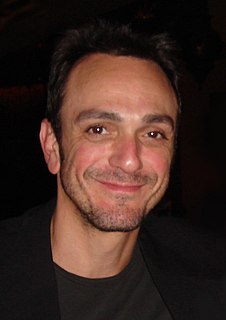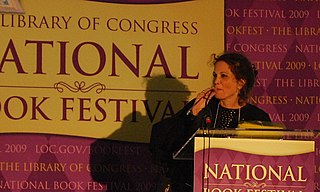A Quote by Stanley Kubrick
Related Quotes
On the contrary, it's because somebody knows something about it that we can't talk about physics . It's the things that nobody knows anything about that we can discuss. We can talk about the weather; we can talk about social problems; we can talk about psychology; we can talk about international finance gold transfers we can't talk about, because those are understood so it's the subject that nobody knows anything about that we can all talk about!
I have compromised down the line. I've disliked it intensely in the old days when you were trying to talk race relations and they would not allow you to talk about the legitimacies of race relations. In the old days, you didn't talk about black, you talked about Eskimo or American Indian, and the American Indian was assumed not to be a problem area.





































